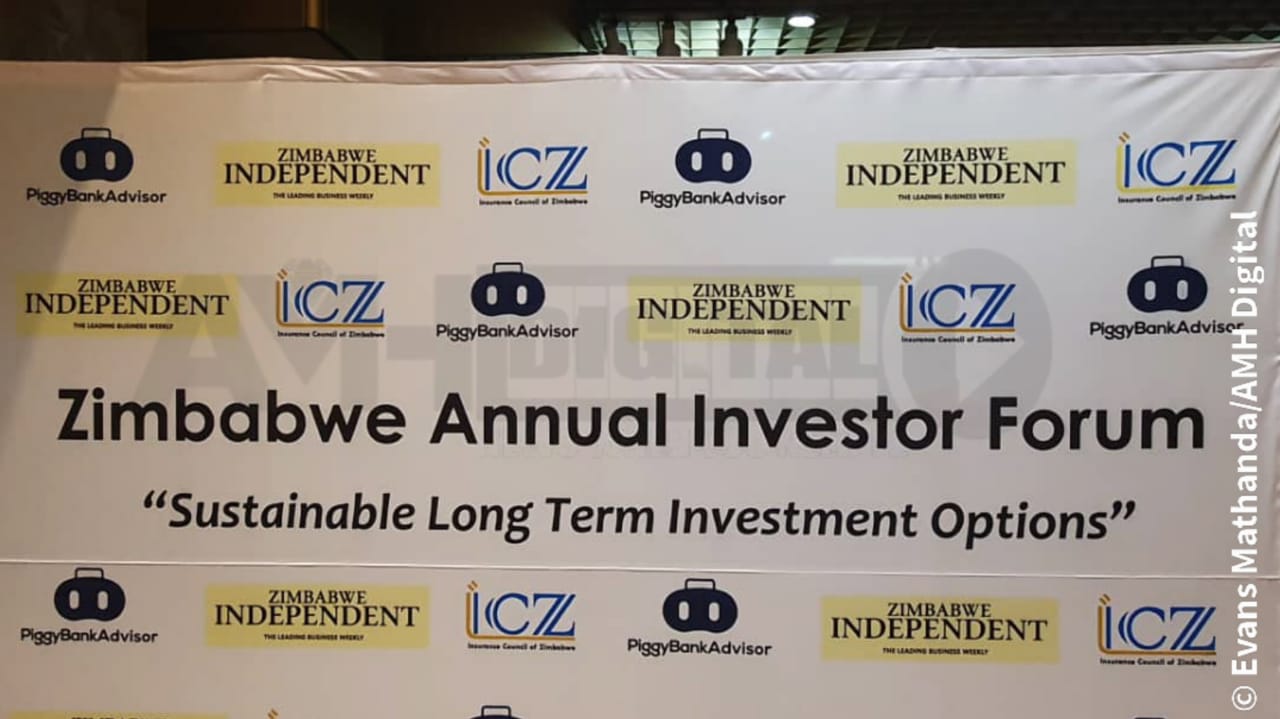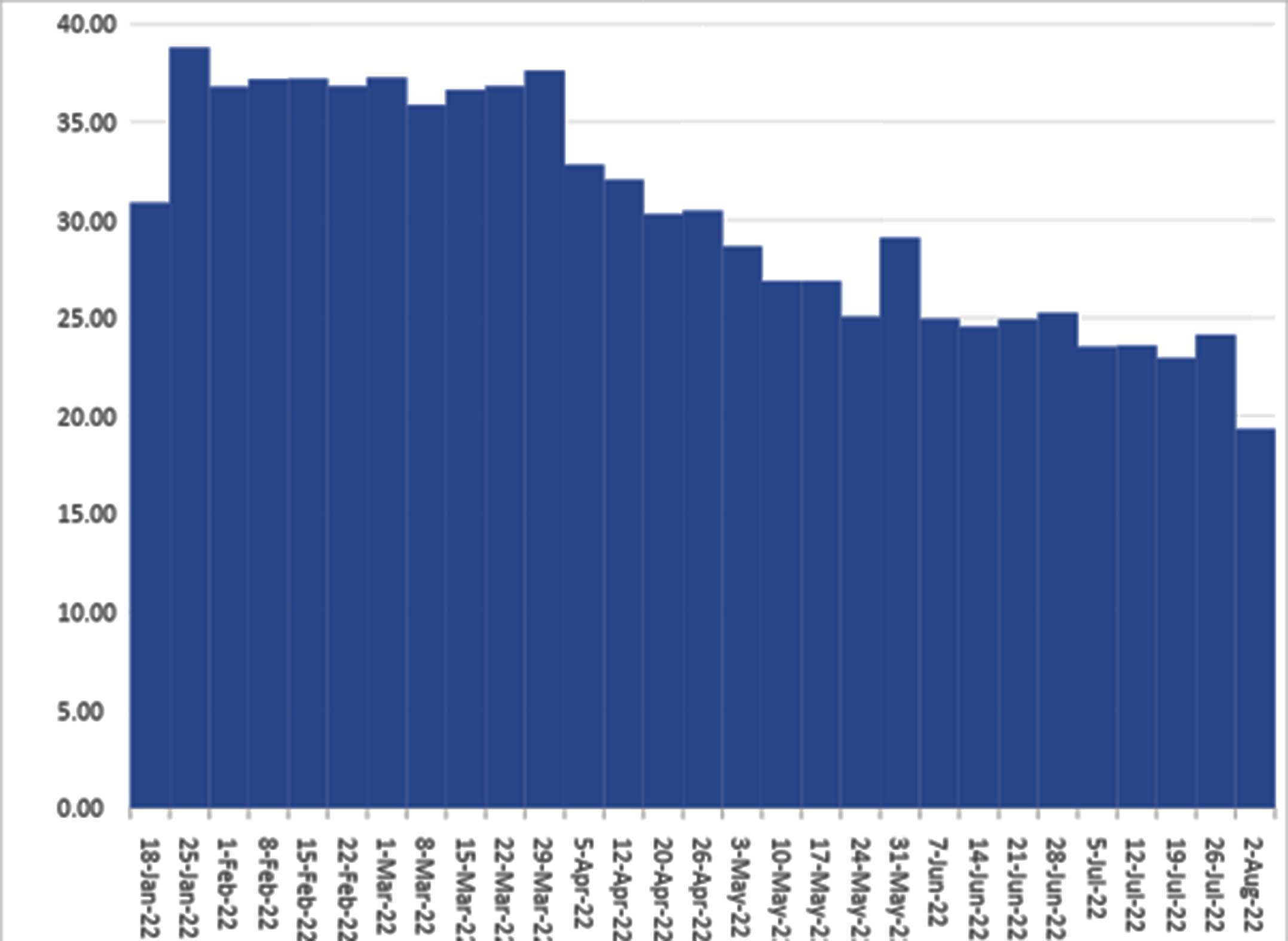
EBEN MABUNDA THE land tenure question requires an objective assessment and lasting solution because it is key to unlocking value out of Zimbabwe’s agricultural sector.
The sector provides employment and income for 60-70% of the population, supplying 60% of the raw materials required by the industrial sector. It contributes over 35% of the nation’s aggregate export earnings.
Land tenure is the lynchpin to eliminate inefficiencies in Zimbabwe’s agricultural sector and is required to revitalise the local agricultural ecosystem.
Taking notes from yesteryear when Zimbabwe was the breadbasket of Africa; land security was the glue that held the farming value chain together. Without land security the farming ecosystem was incomplete and the dream of alleviating Zimbabwe from a ‘basket case’ status is elusive.
According to the World Food Programme (WFP), more than 7,7 million people — half the population, faced food insecurity in 2020 on the back of erratic weather patterns, which negatively impacted crop harvests and livelihood.
Before the land reform, white farmers had full ownership of their land, which made their farms bankable.
This allowed access to credit financing from banks, secure farming equipment on credit as well as other relevant farming inputs and necessary support in advance, for meaningful crop and livestock production.
In the aftermath of the controversial fast-tracked land reform programme in the early 2000s, farmers were issued with 99-year leases over the tracts of land.
- Chamisa under fire over US$120K donation
- Mavhunga puts DeMbare into Chibuku quarterfinals
- Pension funds bet on Cabora Bassa oilfields
- Councils defy govt fire tender directive
Keep Reading
The arrangement allows farmers to conduct various agricultural activities as mere leaseholders. Farmers do not have full ownership as the farms are owned by the government.
While this has allowed farmers the leeway to engage in agriculture, poor mechanisation, lack of skills and the absence of capital has hampered optimal performance.
Despite frantic efforts by the government to finance the activities of farmers through the provision of farming inputs and providing farming equipment, this has not translated to much except for improvements for a season or two before restoration to default settings.
Between 2007 and 2008, the government of Zimbabwe implemented the farm mechanisation programme through quasi-fiscal operations by the Reserve Bank of Zimbabwe (RBZ).
The initiative sparked debate between 2010 and 2015, eventually, the RBZ Debt Assumption Bill was deliberated on and was signed into law — despite grave concerns from citizens.
In 2017, the government launched the Command Agriculture programme with US$3 billion injected to fund the scheme. The initiative, aimed at improving the country’s agricultural prospects, provided inputs to farmers across the country translating to short-term gains.
However, it failed to eliminate efficiencies in the sector as there were revelations of possible abuse of funds under the controversial scheme amid claims there were no records and accountability of how the funds were disbursed.
The government’s economic blueprint, the National Development Strategy 1 (NDS1) acknowledges the need to resolve the matter, “fundamental to the projected economic growth, is resolving the security of land tenure”.
However, the government has lacked the political will to change the land tenure matrix.
Key to the government’s considerations are concerns over land ownership, especially in the event of default, considering several banks and financial institutions in Zimbabwe are foreign-owned.
The panacea is a ‘’give and take” solution, one which makes the farms bankable with clearly defined terms issued by the government to address its fears.
This would revive the entire ecosystem, revitalise value chains and ensure local farmers are adequately-funded toward food security for the country.
- Mabunda is an analyst and TV anchor at Equity Axis, a leading financial research firm in Zimbabwe. — [email protected]











